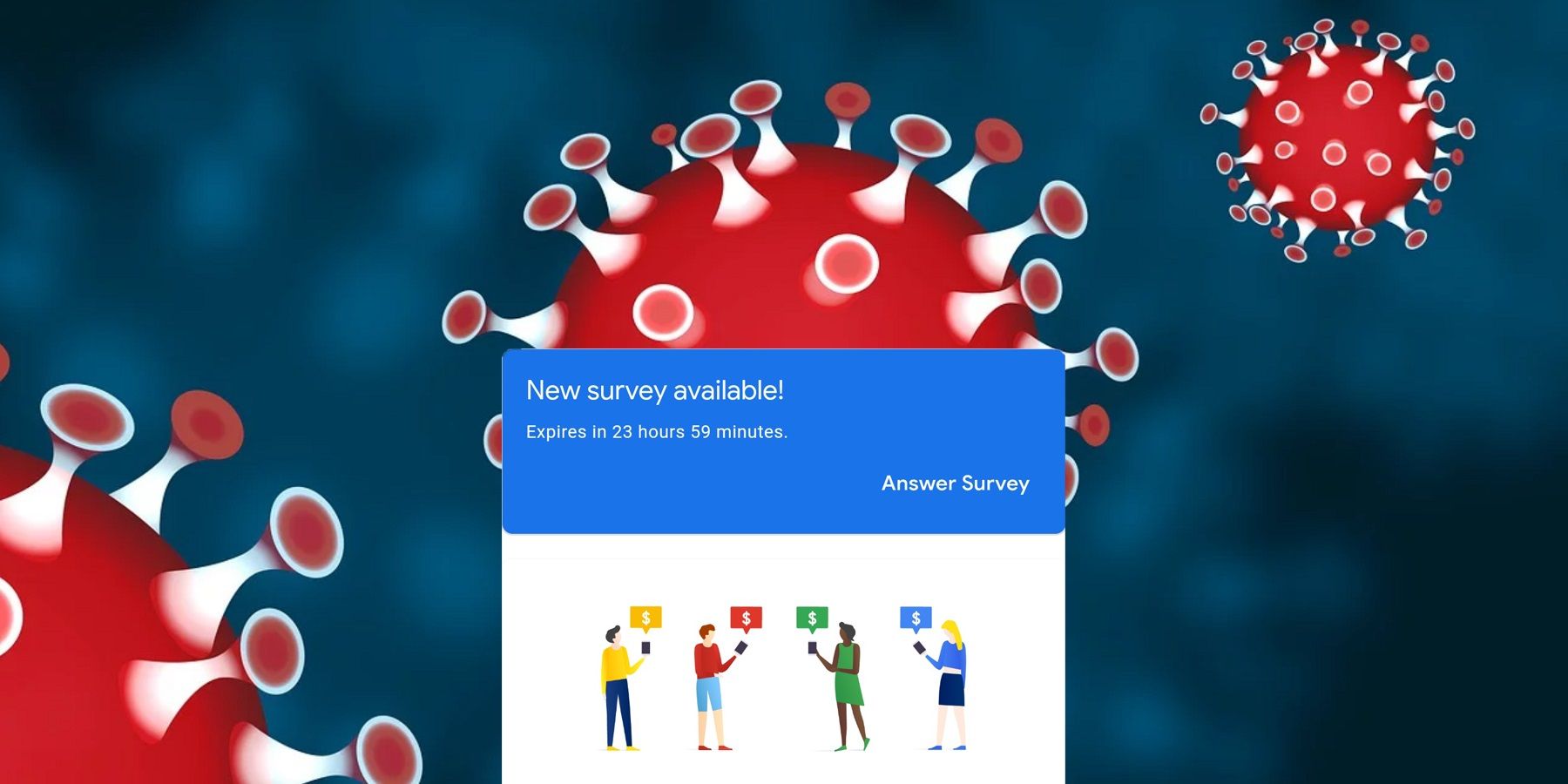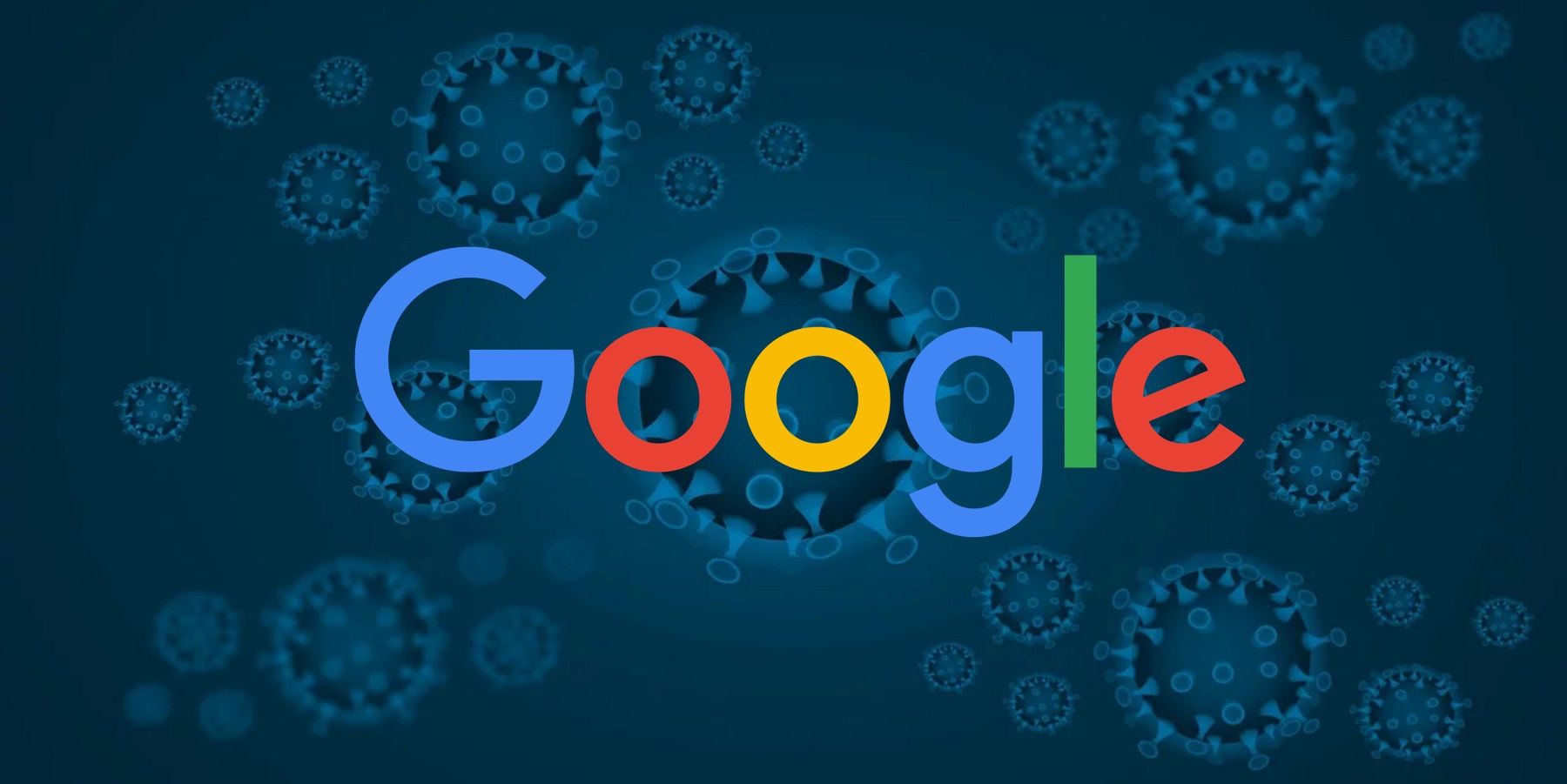Google has been asking smartphone owners for information on any symptoms related to coronavirus that they might be experiencing. Google has previously been criticized for what is arguably a form of data collection through the new Verily website, and now it seems an app is also seeking data without any clear indication that the information is of use to the current situation.
After preemptively being announced by President Trump, a website by Verily (a company owned by Google’s parent company) launched, providing consumers with a way to check their symptoms to see if they are similar to coronavirus. However, one of the major criticisms of the website is that users need to sign in using a Google account or they can’t use it. The concern for those worried about privacy is this information is being collected (and possibly used) by Google.
According to a recent Reuters report, Google has been asking device owners for information relating to coronavirus symptoms through the Opinion Rewards app. This is an app owned by Google which pays users (in Google Play credit) for their participation in surveys. After being asked, Google told Reuters the survey was related to “flu-like” symptoms, although the information was being used to help forcast coronavirus spread. In addition, Google also confirmed the information was being collected on behalf of Carnegie Mellon University (CMU), and that the questions were not only asked through the app, but also other sites and apps Google partners with on questionnaires.
More Coronavirus Questions Than Answers
Between the new website and the flu-like questionnaire, there appears to be an active approach to collecting coronavirus data through mobile devices and web browsers. The issue with this is Google is not providing much in the way of information back to users. While Google has said the answers are anonymized, optional, and designed to help forecasting, it remains to be seen how useful the data is as a tool for the current situation, considering users have the choice to opt out. Furthermore, Google did not exactly advertise this or officially ask for user feedback. Considering the nature of the situation, it is likely Google and (CMU) would have gotten much richer information if publicly asked, considering so many are willing to actually help find a solution. Instead, the way the data has been collected does lead to more coronavirus questions than answers, and at a time when answers should be the priority. If this was just a standard data collection exercise, and not related to the current pandemic, then was it really the right time for a survey like this to be heading out to devices and users?
Big data has continuously been touted as one of the main ways in which the coronavirus outbreak can be beaten. Which is not surprising considering data is more often than not the solution many companies and industries fall back on. However, with the virus, companies have become increasingly interested in user information and especially data obtained from mobile devices. While the rewards app is one example, there’s also been cases around the world of similar phone-related data collection attempts, including entire populations being tracked through their phones, and Bluetooth-enabled apps that can be downloaded to monitor contact tracing. If these data-driven solutions do eventually help slow down the outbreak then some may argue the data collection was worth it. Others, are likely to feel the obsession with collecting data right now might lead to many concerning post-coronavirus privacy issues.
Source: Reuters


